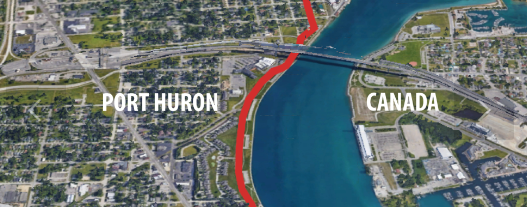by Dennis Crouch
Lindke v. Freed, 601 U.S. ___ (2024) 22-611_ap6c.
This recent decision from the Supreme Court case grapples with the issue of when a public official's social media activity constitutes state action for purposes of a First Amendment claim under 42 U.S.C. §1983. I've been following the case as part of my work on internet and media law issues.
The case arose after James Freed, the city manager of Port Huron, Michigan, deleted comments and blocked a Port Huron citizen (Kevin Lindke) from commenting on Freed's personal Facebook page after Lindke used the forum to criticize the city's handling of the COVID-19 pandemic. Lindke sued Freed, arguing that Freed had violated his free speech rights by censoring him in a public forum.
In a unanimous opinion authored by Justice Barrett, the Supreme Court created a two step test, holding that that a public official's social media conduct only qualifies as state action under §1983 if the official:
- possessed actual authority to speak on the State's behalf on the particular matter at issue, and
- purported to exercise that authority when speaking in the relevant social media posts.
To continue reading, become a Patently-O member. Already a member? Simply log in to access the full post.
